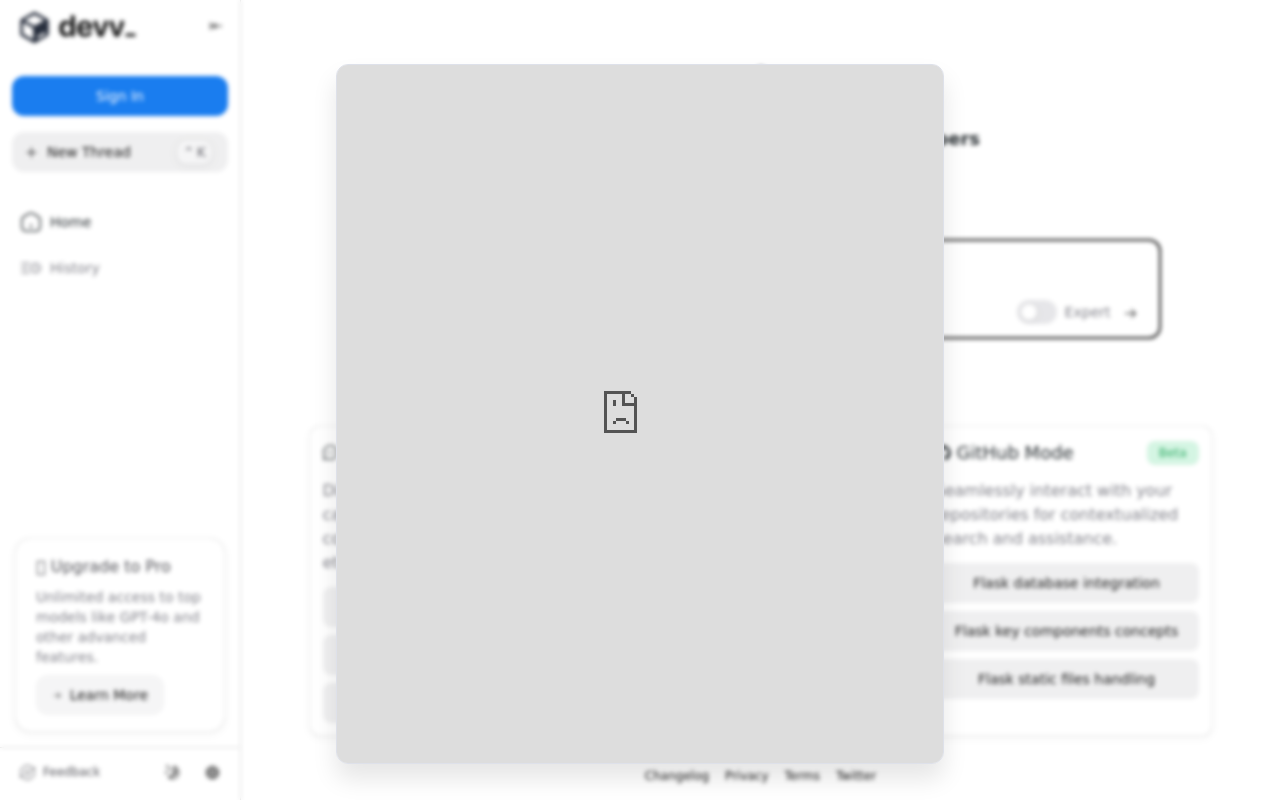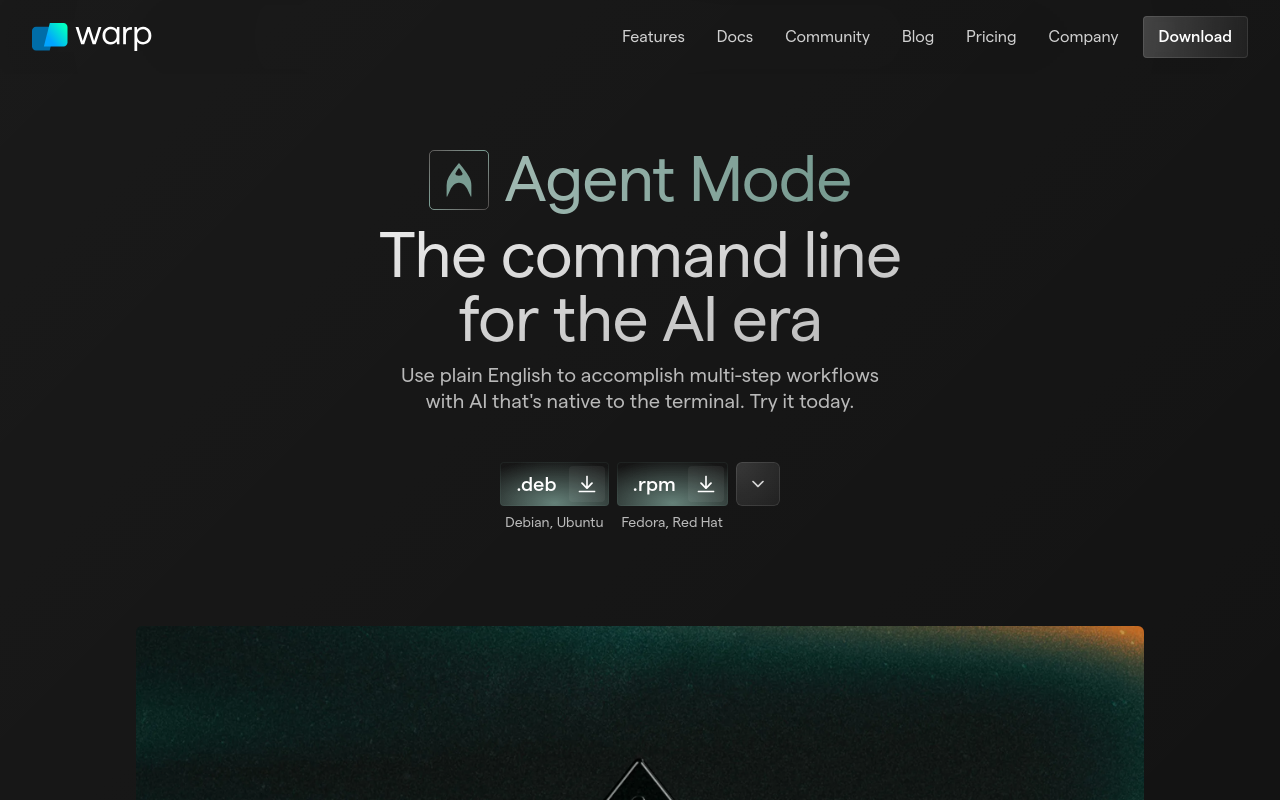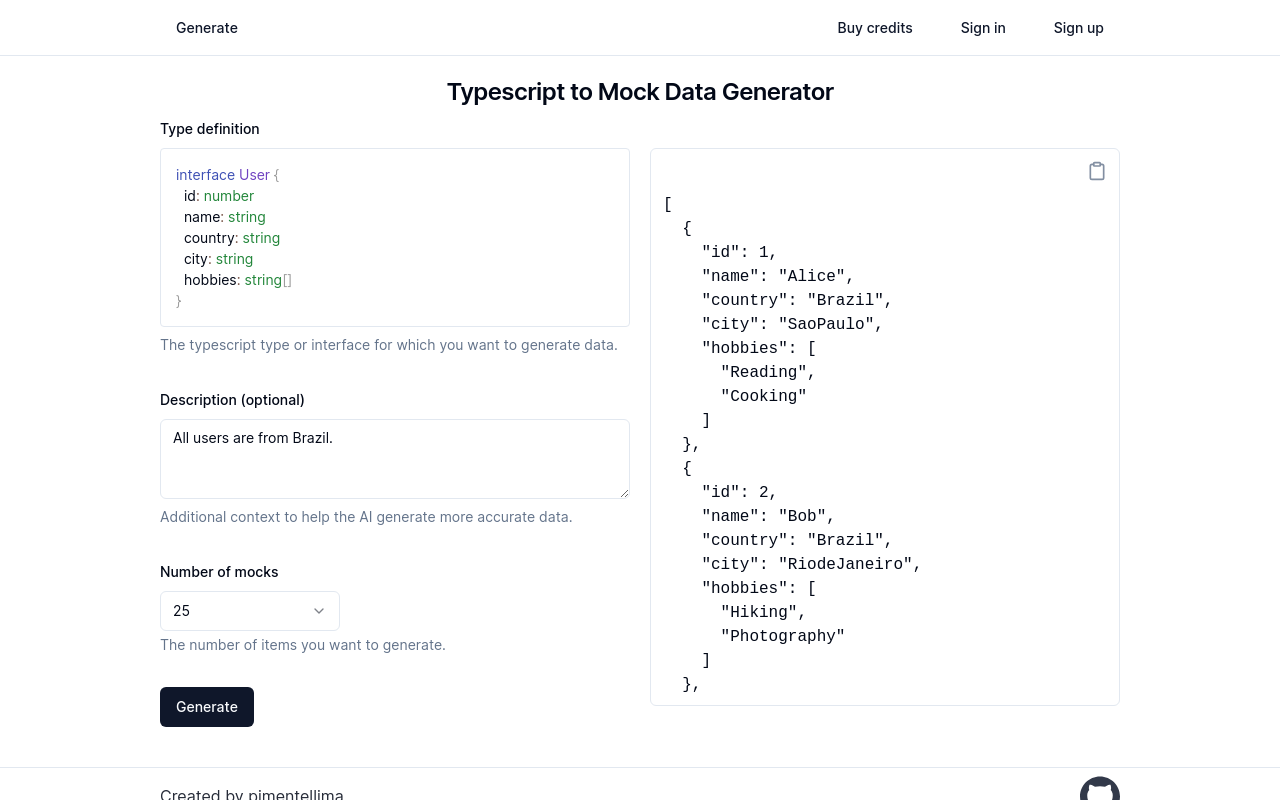Best for:
- Startups
- Hobbyists
- Large-scale businesses
Use cases:
- Internal tool creation
- Quick project setup
- Backend management improvements
Users like:
- Development
- IT
- Product Management
What is Engine?
Quick Introduction
Engine is a revolutionary tool designed for developers and non-developers alike who need to build a backend quickly and efficiently. It’s a powerful platform that allows users to create backends by simply describing their needs in natural language. Whether you’re crafting a custom internal tool or setting up a new project, Engine provides a completely hosted solution that requires no coding knowledge. Utilizing the Engine, users can deploy a complete backend system with a hosted SQLite database, typescript, or Python API in a matter of minutes. With industry-standard authentication and an intuitive interface, building and managing backends has never been easier. The platform is suitable for startups, hobbyists, and even large scale businesses looking to minimize their development time and maximize productivity.
Pros and Cons
Pros:
- Ease of Use: Eliminate the need for extensive coding knowledge with natural language descriptions.
- Instant Deployment: Deploy your backend instantly, saving time and resources.
- Integrated Github: Sync projects directly to your Github account, making version control seamless.
Cons:
- Limited Features on Free Tier: Many of the advanced features require a Pro subscription.
- Early Stage Features: Some integration capabilities are still under development.
- Platform Dependency: Heavily ties into its own managed SQL database which might limit flexibility.
TL:DR.
- Natural language backend creation
- Hosted SQLite database and API
- Instant deployment and GitHub integration
Features and Functionality:
- Natural Language Backend Creation: Simply describe what you want to build, and the tool generates the backend for you.
- Hosted SQLite Database: Manageable SQL database hosted for you, taking away the complex setup process.
- Typescript/Python API: Supports Typescript and Python, giving you full control over backend operations.
- Industry Standard Authentication: Secures your backend with professional-level authentication right out of the box.
- Real-Time Updates: Watch as changes to your database schema and API are instantly updated and synced with your GitHub account.
Integration and Compatibility:
Engine integrates seamlessly with GitHub, allowing for easy version control and deployment. The platform currently supports Typescript and Python APIs, ensuring flexibility and power in backend operations. Although it’s primarily standalone, the development team is actively working on adding more integration features in the future, making it an even more robust solution for various tech stacks.
Benefits and Advantages:
- Ease of Use: Build complex backends with little to no coding knowledge.
- Saves Time: Instant deployment and real-time updates save substantial development time.
- Flexibility: Supports Typescript and Python, providing robust development frameworks.
- Version Control: GitHub integration ensures seamless version tracking and collaborative work.
- Security: Industry-standard authentication provides a secure backend solution.
Pricing and Licensing:
Engine offers a free tier that includes essential functionalities, perfect for basic projects and initial trials. For more advanced features and removal of usage caps, users can upgrade to the Pro subscription at $19 per month. The Pro plan includes access to more capable models, additional functionalities, and the ability to export your code.
Support and Resources:
Engine provides a comprehensive support system, including detailed documentation and a community forum for peer assistance.
Do you use Engine?
Users can also reach out to customer service for more personalized help. The platform also regularly updates its blog with tutorials, tips, and best practices, making it easier for users to get the most out of their tool.
Engine as an Alternative to:
Engine can be an excellent alternative to traditional backend development platforms like Firebase or AWS Amplify, offering a unique approach with natural language processing and quick deployment capabilities. Where Engine stands out is its simplicity and user-friendly interface that reduces the learning curve and accelerates the development process significantly.
Alternatives to Engine:
Firebase: Ideal for developers needing real-time databases and live data sync features. Firebase excels in mobile backend services but requires coding knowledge.
AWS Amplify: Perfect for large-scaled businesses requiring extensive feature sets and configurations. AWS Amplify offers a range of services but can be overwhelming for beginners.
Hasura: Useful for those who need instant GraphQL APIs. Hasura provides powerful query abilities but may need developer intervention for more complex use cases.
Conclusion:
Engine simplifies backend development by allowing users to describe their needs in plain English. With features like instant deployment, GitHub integration, and industry-standard security, it’s a powerful tool for anyone looking to speed up their backend creation process. While the free tier offers basic functionalities, the Pro plan provides advanced capabilities for more demanding projects. Whether you’re a hobbyist or a large-scale business, Engine brings significant time and efficiency advantages to the table. Its simplicity, flexibility, and robust feature set make it a must-consider tool for modern backend development.



